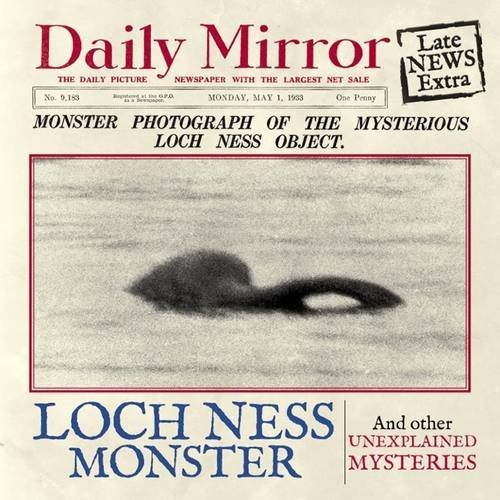There is a two kilometre stretch of Vrindavan (heaven) on Earth in India. Radhanagar beach (a.k.a. No. 7) is a stunning piece of perfect coastline on Havelock, one of the 572 islands that make up the Andaman and Nicobar archipelago in the Bay of Bengal. Rated as the Best Beach in Asia by TIME Magazine, it is described thus,
“The sand is white coral, very fine in grain. The beach has a gentle gradient of around 1:20 and continues out into the sea as a sandy bottom for over 100 meters.”
Its fluffy white sand, turquoise sea and majestic backdrop of towering Padauk (Pterocarpus dalbergioides) and palms and creepers, stuffed with numerous endemic species of parrots and parakeets and butterflies and orchids, fruitbats, White-bellied Sea-eagle (Haliaeetus leucogaster) plus a plethora of the usually hard-to-spot Greater Racket-tailed Drongo (Dicrurus paradiseus otiosus) and Rajan, its very own celebrity, moviestar, swimming elephant.
VIDEO: Rajan as “Swimming Elephant” in The Fall (2006).
All this makes Radhanagar a uniquely special place of beauty.
But, alarmingly there is another gradient other than the gently sloping beach to be seen. As you walk eastwards on south-facing beach No. 7, towards the Indian Government-run campsite, litter begins to appear: Diet Aqua and Biserly waterbottles, Lilt and Pepsi cans, Lays crisp packets, sweet wrappers and the ubiquitous packets of gutkha (chewing tobacco) that literally carpet the streets of larger cities.
Alongside the campsite are a few stalls, t-shirts, chai, sunglasses, coconuts, that sort of thing. Behind the stalls runs a river that empties directly into a lagoon, continuous with the pristine, turquoise sea. The near bank of that river is piled high with garbage and waste, commercial and domestic and human, and it is washing straight out into the lagoon and up onto the beach.
 Additionally, people are simply dropping their rubbish or leaving it behind after they’ve had their full of sea and sand. Meanwhile, the Tourist Police stand by, looking bored or sitting in the shade.
Additionally, people are simply dropping their rubbish or leaving it behind after they’ve had their full of sea and sand. Meanwhile, the Tourist Police stand by, looking bored or sitting in the shade.
Tragically, this is the same attitude that you see evidence of throughout mainland India, careless disregard for the environment, both its aesthetic quality and its functionality, and now its impacts are jeopardising one of India’s, and the world’s, loveliest assets.
__________________________________

























Pingback: Tweets that mention Passages from India #4: Beach Bummer | OSQUALITUDE -- Topsy.com
that is rubbish, rubbish rubbish!
Is it possible to send your article to the India tourism association (I assume there is some such body) or the state environment office, or failing that The Times of India.
Nice passage by the way….
Pingback: Passages from India #5: Naming of Parts | OSQUALITUDE
you are good. write more
I really enjoy reading on this site, it holds wonderful posts .
I enjoy the efforts you have put in this, thankyou for all the great posts .
keep up the fantastic piece of work, I read few posts on this site and I conceive that your site is really interesting and holds circles of superb information.
Ilk man mend ane, and all will be mendit.